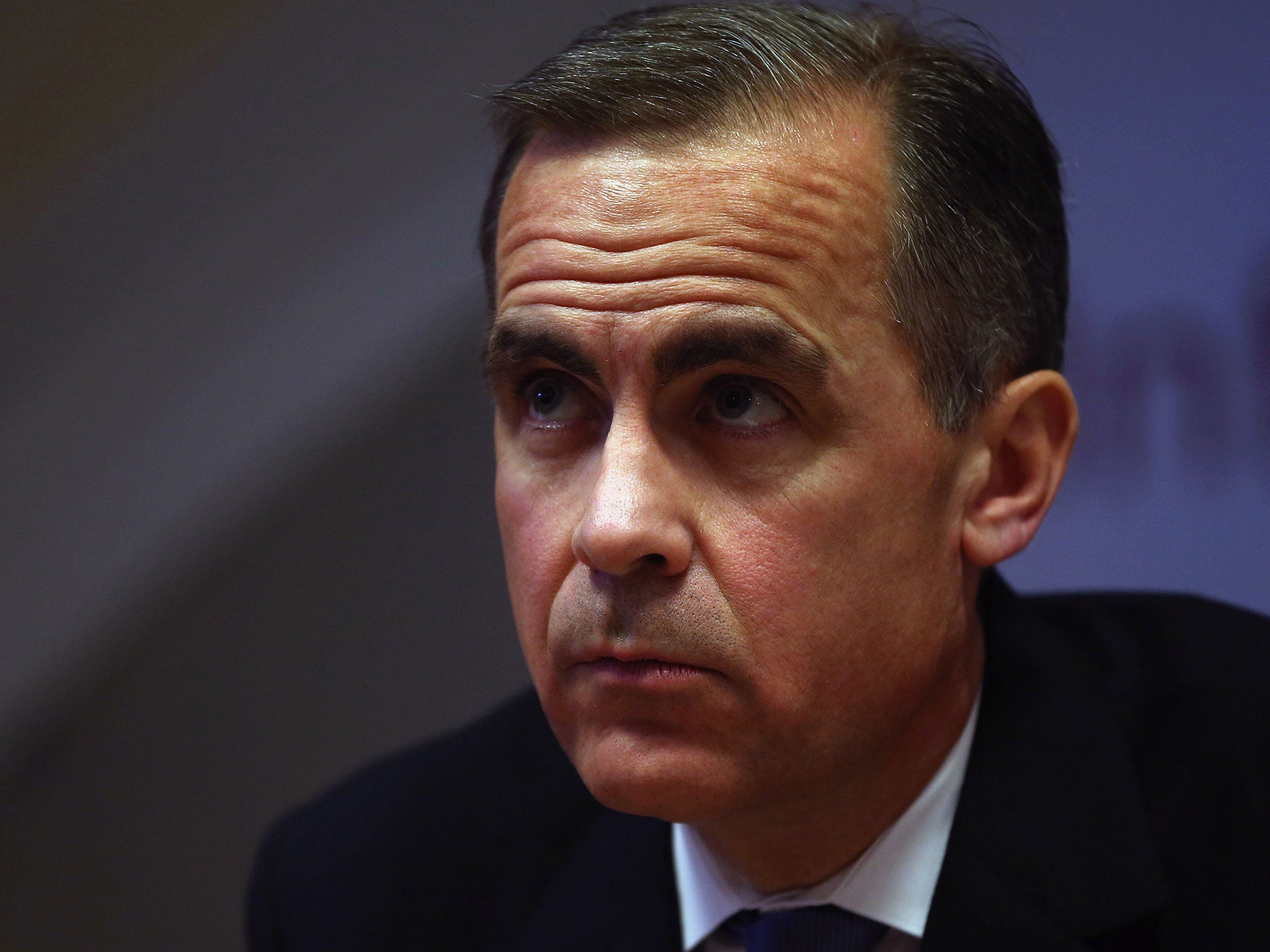Would higher interest rates actually boost consumer spending and support the recovery?
It's a claim often made by savers' lobby groups, who assert that if savers' enjoyed a better return on their cash balances in bank accounts they would spend more, boosting GDP growth.
Saga commissioned some research from the CEBR in 2012 which suggested that the Bank of England's combined monetary stimulus programme (rock bottom low rates and inflation-boosting Quantitative Easing) had knocked as much as 1.6 per cent off GDP by 2012 and helped push the economy into recession by reducing the spending power of elderly savers.
It's not a view that has made much of an impression on the Bank of England.
And in this week's Inflation Report the Bank produces some evidence that casts doubt on the assertion.
The Bank commissioned a survey which suggests that if interest rates were to rise to around 2.5 per cent (up from today's historic lows of 0.5 per cent), few savers would spend more. But, by contrast, many borrowers would spend less.
Here's the key table:
What it shows is that 57 per cent of mortgagors (net borrowers) would cut their spending in the event of a 200 basis point rise in rates. But only 10 per cent of net savers would increase their spending under such circumstances. And 48 per cent of savers would simply let the additional income accumulate in their bank accounts.
The proportion of net savers and net borrowers is not in the report but the Bank told me that borrowers, under its definitions, make up 27 per cent of the sample and savers 47 per cent. The rest have insufficient debts or savings to qualify under either heading.
Those proportions and the asymmetric impact suggests that putting up rates by 200 basis points would be a net negative for whole economy consumption.
That wouldn't be good for the recovery.
As this shows, household consumption has been a major prop to the recovery since early 2013:
That's not a prop one would particularly want to kick away with growth in the rest of the world looking shaky.
Incidentally, the Bank of England's quarterly public attitudes survey on inflation supports the latest survey's findings. It shows that the proportion of people who think they would benefit from interest rates falling further, or staying the same is around 50 per cent, more than double the proportion of those who think they would benefit from an increase in rates:
The proportion of people who think they would benefit from higher rates rose after rates hit the floor, but not significantly. And it seems to have been on a downward path since.
This is not to argue that savers have not seen their returns hit by low rates. The Bank estimated in 2012 that they had lost £70bn as a result. And there was a roughly corresponding benefit to borrowers. Those numbers will be bigger now, two years later.
But it's a big mistake to put too much emphasis on these figures and ignore the wider context.
First, the Bank's monetary stimulus has boosted asset prices, which will have benefited the value of the pension pots of many savers. There's much more to saving than having cash in a current account.
Second, and even more significant, the Bank's monetary stimulus over the past six years played a vital role in preventing the whole economy falling into depression. That would have been disastrous for savers, as well as the rest of the inhabitants of the country.
The whole economy is the right focus for the Bank of England. And it's right not to be swayed by sectional lobbies like the savers. All the more so when the evidence does not seem to support their macroeconomic assertions.
Subscribe to Independent Premium to bookmark this article
Want to bookmark your favourite articles and stories to read or reference later? Start your Independent Premium subscription today.


Join our commenting forum
Join thought-provoking conversations, follow other Independent readers and see their replies